Seminar on "Legal Issues in Data Disclosure in Used Car Trading" Was Successfully Held
Date:2018-11-05
On the afternoon of October 13, 2018, Peking University Law School and Intellectual Property College held a seminar on the subject of “data disclosure in used car transactions” at the (Leo) Koguan Building. The conference brought together many well-known law scholars, representatives of government departments, industry associations, consumer associations, 4S shop group representatives, and used car trading service companies to attend the conference.
In recent years, the capital market has invested heavily in the used car industry. Second-hand car e-commerce has frequently screened on various advertising platforms, which has hit consumers' eyes and stimulated the increase in used car transactions. However, due to the opaque history of used vehicles, it is not uncommon to sell accident vehicles, blister cars, fire trucks and other serious personal safety incidents. Misrepresentation of fraudulent incidents such as age and modification of mileage has frequently occurred, making consumers want to buy but dare not buy it. At the beginning of 2016, the General Office of the State Council issued the “Several Opinions on Promoting Convenience Transactions of Used Cars”. The opinions clearly indicate that non-confidential and non-private information of vehicles such as maintenance, repair, insurance, and scrapping should be open to the public and easy to inquire. The transparency of used car condition information is the core to solve the predicament of used car trading. In the past two years, the data opening issues mentioned in the comments have been delayed due to some legal and practical barriers. In order to determine the legal nature of historical vehicle condition data as soon as possible, implement the relevant opinions of the State Council, promote the disclosure of historical vehicle condition data, improve the historical vehicle condition data record and supervision system, and disclose the legal nature of historical vehicle condition data, the right boundary of trade secrets, and the historical vehicle condition data of China. A series of legal and practical issues such as implementation steps and paths have been discussed and studied in depth.
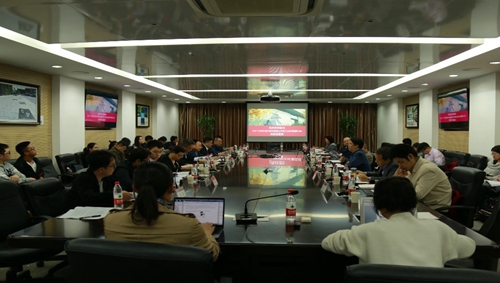
Regarding the legal nature of historical vehicle data, Yang Xiaojun, vice president and secretary general of the Beijing Consumers Association, gave a report on the topic "Consumer's right to know in used car transactions." He proposed that there is a relatively common and serious phenomenon of infringement of consumer rights in the used car trading market in China. The main reason is that the vehicle condition information is opaque. As the buyer of used cars, consumers enjoy the right to know the right to know the law, and have the right to know the repair, maintenance, collision, and accident records generated after the vehicle leaves the factory. The information generation and preservation department should open and provide it unconditionally. Prof. Shen Weixing, Dean of the School of Law of Tsinghua University, believes that from the perspective of civil law, the right of data should belong to the owner himself, but all the information that affects the purpose of the contract of the used car transaction, the owner and the relevant data retention agency should The principle of good faith answers the inquiry truthfully and satisfies the specific disclosure request of the data.
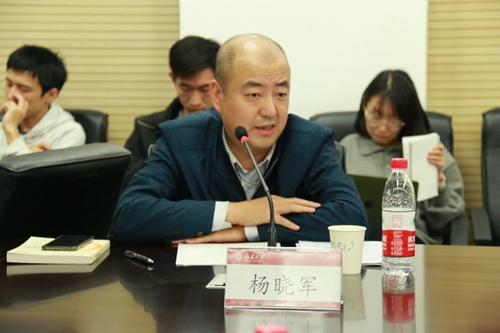
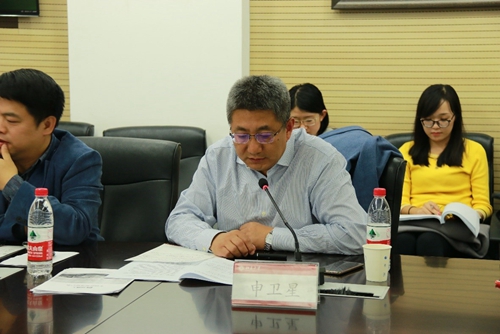
Prof. Huang Wushuang, Dean of the School of Intellectual Property of East China University of Political Science and Law, proposed that the protection of trade secrets should not be contrary to the public interest. The disclosure of public property information by automobile manufacturers using laws to protect trade secrets should be prohibited; the system design should conform to China's national conditions and history. Vehicle condition data must be subject to limited disclosure, and the law should oblige all types of information records, depositor obligations, and refine the disclosure category. A. P. Cai Xilei of Beijing Jiaotong University School of Law proposed that the publicity of second-hand car repair and maintenance information is the information attribute of dominant position, and does not have the legitimacy of legal protection of trade secrets.

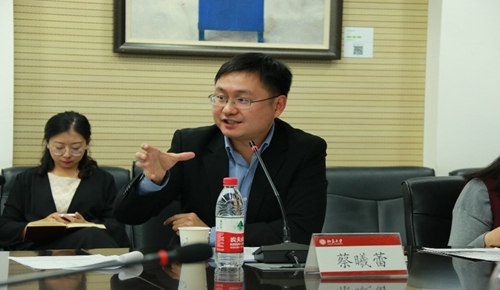
For the open path of historical vehicle data, Prof. Shi Jianzhong, vice president of China University of Political Science and Law, pointed out that the information between used car sellers and consumers is seriously asymmetrical. The law has the function of protecting the weak, balancing rights and obligations, and maintaining public order. Legislation refines the content, categories, and boundaries of information disclosure. Prof. Huang Yong, director of the Center for Competition Law at the University of International Business and Economics, proposed that intervening through market economic laws and regulating the imbalance of non-reciprocal private rights is a necessary way to achieve a good order in the used car market.

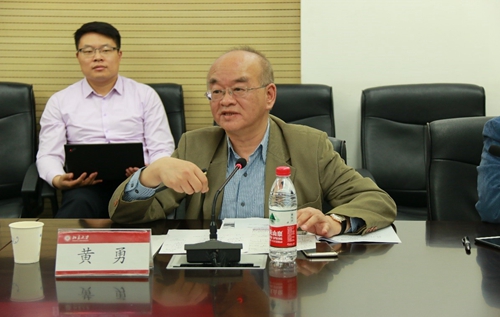
Qiu Baochang, head of the Lawyers Group of the China Consumers Association, suggested that the government should establish a public resource sharing platform for data on vehicle accidents, claims and other data, and assume responsibility for basic data information records; legislation should require relevant data generation and depositors to truthfully provide data and set Relevant administrative penalties.
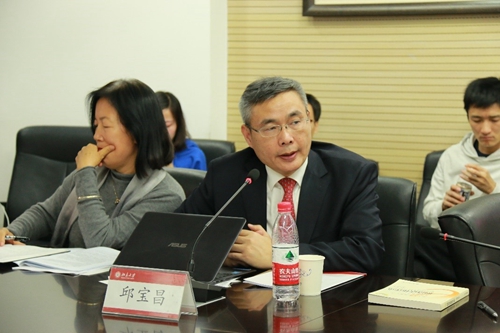
Yang Xiaojun, vice president and secretary general of the Beijing Consumers Association, said that consumer associations are obliged to issue proposals to the market, insurance, transportation, business and other supervisory departments, urging relevant regulatory authorities to promote advanced foreign practices in the market supervision of used cars; The Association will also further explore the use of statutory means such as public interest litigation to promote the production of historical data of motor vehicles and after-sales manufacturers as soon as possible.
Director Li Lihui of the State Administration of Market Supervision pointed out that the people have a strong reaction to the chaos in the used car trading market. The former SAIC has also deployed a number of centralized rectification and investigations on social public opinion. At the legislative level, Article 17 of the "Measures for the Management of Used Car Circulation" jointly formulated by the four ministries and commissions has already legislated this. The used car seller has a legal obligation to provide the buyer with the actual situation of the use, repair, accident, inspection, etc. information. However, the historical information of used cars is scattered, and the seller has the legal obligation to disclose information, but the seller does not necessarily have the ability to disclose. Therefore, this seminar has good theoretical research significance and law enforcement practice significance, and the regulatory authorities will pay attention to it.
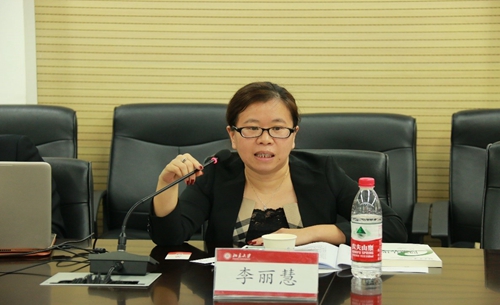
Cui Zhenhai, Director of the Bank of China Insurance Regulatory Commission explained the disclosure of used car historical data from the perspective of the insurance industry. Cui Zhenhai said that most of the vehicles will be insured after the insurance, and the insurance data has played a very good role in promoting the transparency of used car transactions. The former China Insurance Regulatory Commission has paid close attention to this. At present, the China Insurance Information Platform has been established to realize the integration of insurance and claims data. Consumers can access historical insurance and claims records in public channels, which provides a good basis for transaction transparency.
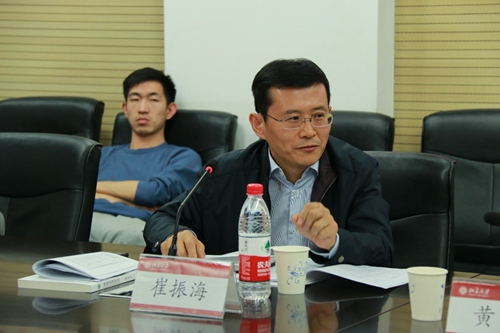
Zhu Zuoxin, deputy director of the Second Legislative Council of the Ministry of Justice, pointed out that the supervision function of second-hand vehicles is very scattered, and each ministry has a separate management. Previously, the Ministry of Transport has carried out relevant information collection and public practice work, and is currently advancing, but the legal nature of the information has not been clearly discussed. The disclosure of data information also requires the support of standardized legislation. The legislative department will fully refer to the conclusions of this meeting.
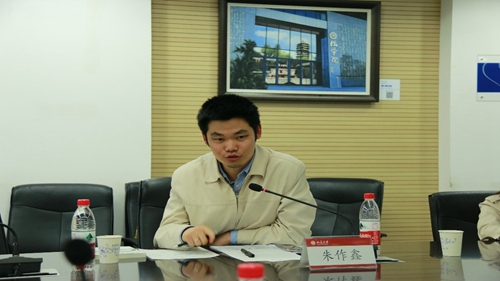
Prof. Yang Ming from Peking University Law School held a summary of the meeting. Prof. Yang Ming pointed out that this seminar has carried out a detailed analysis of the Chinese model of information data, business model, supervision, transaction and historical vehicle data generated by vehicles. Among them, the legal nature of information is particularly important. In this meeting, the participating experts reached a convergence opinion on the public property positioning of historical vehicle condition data information and the basic functions of ensuring transaction security. The information records and storage entities including the vehicle manufacturers should be obliged to disclose historical vehicle condition data. At the practical level, further exploration by the regulatory authorities and the substantive departments is still needed.
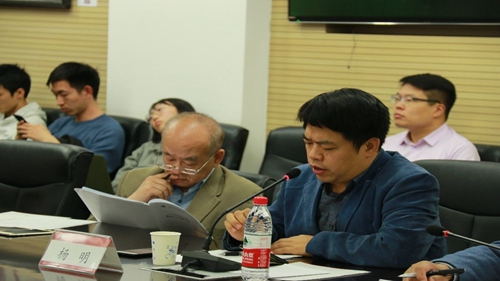
Finally, Duan Xuechao, CEO of Cha Boshi, made a concluding speech. Duan Xuechao pointed out that the safety of used car transactions is a livelihood project involving thousands of households. At present, there are many obstacles and problems in the process of data disclosure of historical car conditions. This meeting provides sufficient theoretical support and a clearer path to realization. It is hoped that the overall development of the used car industry will be publicly promoted through historical vehicle data, so that the Chinese people can purchase and use used cars with more peace of mind and peace of mind.
Liu Wenji, deputy secretary-general of China Automobile Dealers Association, and Yu Hongwei, director of the business department of China Automobile Trade Group Co., Ltd. also attended the meeting and discussed the problems in practice and the experts in the meeting.
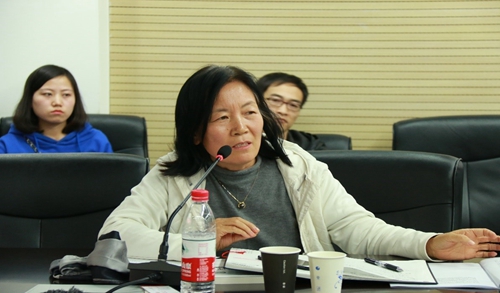
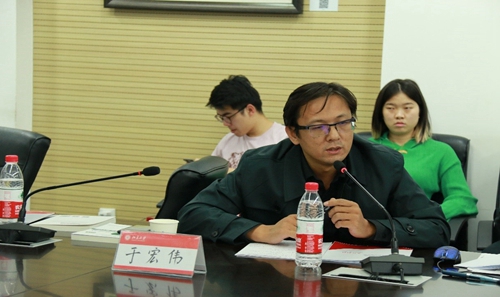
Translated by: Bi Xinyue
Edited by: Wen Yuting



